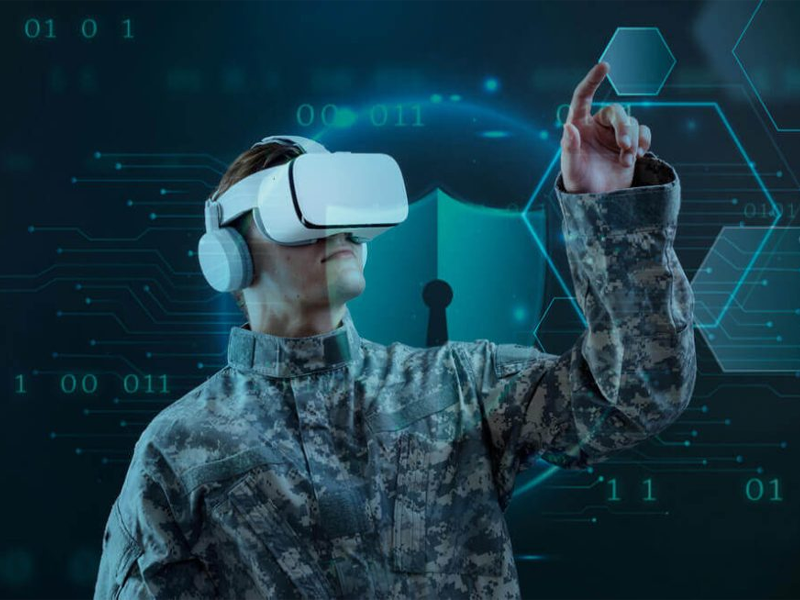In our ever-changing world, the ability to adapt to extraordinary circumstances is crucial. One of the most robust foundations for developing this adaptability is military training. Military training equips individuals with the skills and mindset necessary to navigate challenging situations effectively, making it a critical asset in both professional and personal contexts.
Understanding Military Training
Military training is meant to prepare individuals for the rigors and unpredictabilities of military life. It involves rigorous physical conditioning, strategic thinking, and the development of leadership qualities. However, the benefits of military training extend far beyond the battlefield. The skills and attributes gained through military training can be invaluable when facing extraordinary circumstances, whether in high-stress professional environments or personal crises.
Building Resilience Through Military Training
One of the primary outcomes of military training is resilience. Trainees are exposed to demanding conditions that test their physical and mental limits. This exposure builds endurance and mental fortitude, enabling individuals to handle unexpected challenges with greater ease. For instance, soldiers undergo intense physical workouts, obstacle courses, and survival exercises that simulate extreme conditions. These experiences instill a sense of perseverance and adaptability, which are crucial for thriving in unforeseen situations.
Strategic Thinking and Problem-Solving
Military training emphasizes strategic thinking and problem-solving skills. Trainees are taught to assess situations quickly, devise effective plans, and execute them under pressure. This training often involves simulated combat scenarios, where individuals must make rapid decisions and adapt their strategies based on changing circumstances. The ability to think strategically and adapt to new information is a valuable asset in any field, helping individuals navigate complex situations with confidence.
Teamwork and Communication
Effective teamwork and communication are central components of military training. In high-stakes environments, the ability to work seamlessly with others and communicate clearly can make a significant difference. Military training fosters a strong sense of camaraderie and cooperation among team members. This experience translates well to other areas of life, where collaboration and clear communication are essential for success. Adapting to extraordinary circumstances often requires working closely with others, and the teamwork skills developed through military training are instrumental in achieving collective goals.
Leadership Development
Military training strongly emphasizes leadership development. Trainees are given opportunities to lead teams, make decisions, and take responsibility for outcomes. This leadership training helps individuals develop confidence and the ability to inspire and guide others, even in challenging situations. Effective leaders are better equipped to handle extraordinary circumstances, as they can motivate their teams, make critical decisions, and adapt strategies as needed.
Stress Management
Another crucial aspect of military training is stress management. Trainees are exposed to high-pressure situations that test their ability to remain calm and focused. This experience teaches individuals how to manage stress effectively, which is essential for adapting to extraordinary circumstances. The techniques learned during military training, such as controlled breathing and mental relaxation, can be applied in various settings to maintain composure and make informed decisions under pressure.
Transferable Skills for Various Contexts
The skills and qualities developed through military training are highly transferable. Whether facing a demanding project at work, managing a personal crisis, or dealing with unexpected challenges, the lessons learned from military training can be applied effectively. The ability to stay resilient, think strategically, communicate clearly, and lead confidently are assets that enhance an individual’s capacity to adapt and succeed in diverse circumstances.
Conclusion
The psychological effects of loss and revenge on personal identity are profound and complex. Patrick Bryan McFadden’s book When Time Stood Still vividly explores these themes through the character of Ryan, a Navy SEAL whose life is shattered when his family is brutally murdered. Haunted by grief and driven by revenge, Ryan’s quest for justice leads him into an interplanetary conflict. Recruited by the enigmatic General Aurelie, he trains with alien soldiers and pilots spacecraft, navigating a path that profoundly challenges his sense of self.





